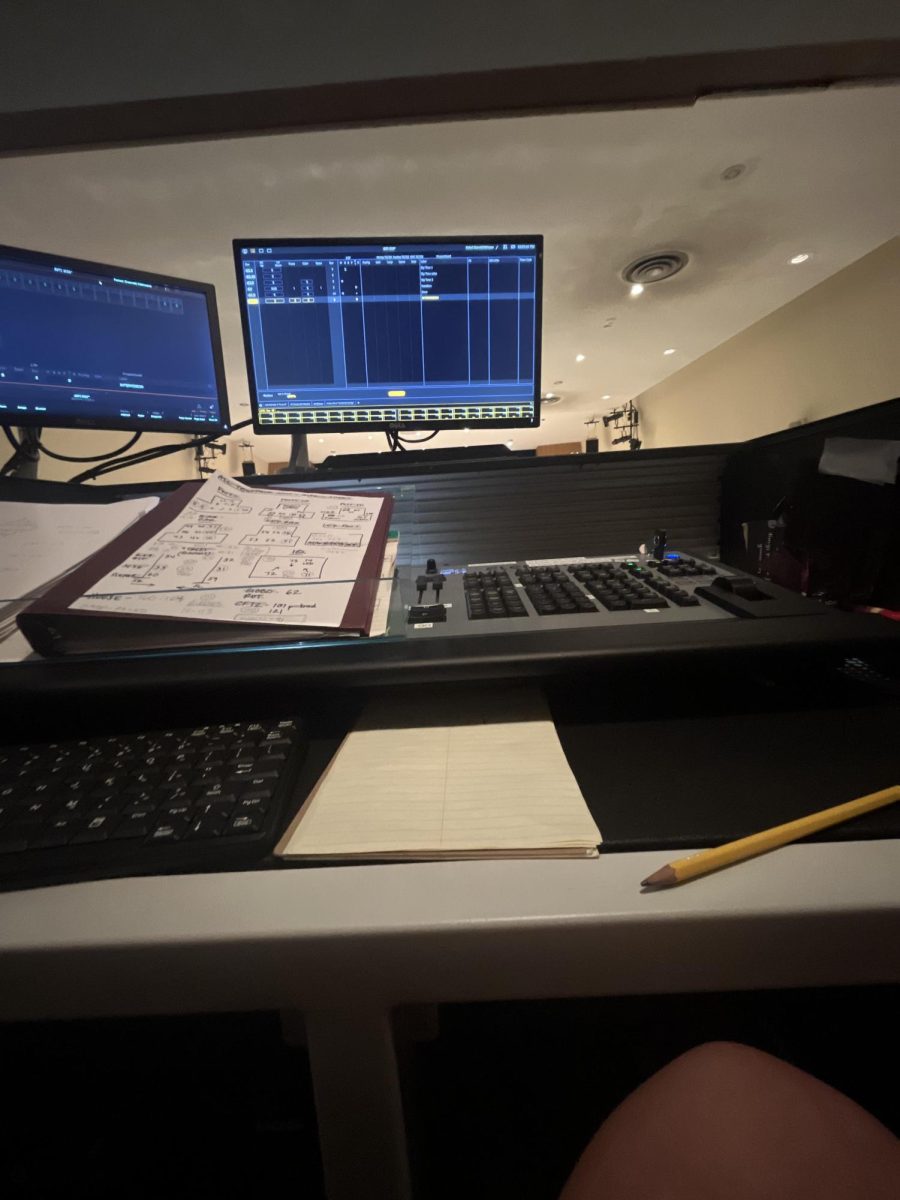“Today will be our review day for your test coming up on…”
Sitting in first period every morning I find it hard to focus. All I can think about is making it through the day to get home and sleep before I have to head to practice, complete my homework, and study. My eyes begin to close as the teacher speaks and I struggle to learn.
Currently, most high schools across the country start before 8:30 a.m.. This goes against the American Academy of Pediatrics which states that schools should not open until after 8:30 a.m.. Opening schools later is to give students more time to sleep. Teenagers should be getting between eight to ten hours of sleep each night. With their at-home responsibilities, jobs, and after-school sports or activities, the majority of teenagers are sleeping for less than that. Sleep is crucial to a person’s behavior throughout the day and especially impacts teenagers at school.
Giving students more time to sleep will improve their academic performance. After obtaining the recommended amount of time, students will be more alert and have more energy. They will be able to sit through their classes and not feel tired, therefore starting to pay attention to lessons in class. The University of Washington studied a high school in Seattle and looked at how students’ grades changed after delaying the time their school started. According to the study, the results showed that students’ grades did improve by 4.5% after opening an hour later (University of Washington News). Just by delaying the school’s opening time by an hour, there was a visible increase in grades.
Mental and physical health would also improve with the change of start times. In another study by the University of Minnesota, it was reported, “Teens who reported they got at least eight hours of sleep per night were more likely to say they have good overall health and less likely to report being depressed or using caffeine and other substances” (U.S. News). Getting more sleep reduces depression and anxiety which many teenagers suffer from. It also allows students to be more alert without drinking coffee or other beverages containing caffeine. Caffeine is a cause of anxiety and can also lead to other health concerns such as increase in heart rate and blood pressure.
There are people who stand against the idea of opening schools later. They claim that changing the starting time would not give students more sleep as they would just stay up later at night and still have trouble in the morning getting ready for school and arriving on time. As high school students are in their teenage years, their circadian rhythm shifts. Circadian rhythm is our body’s twenty-four-hour cycle including when we feel most alert, most tired, our strongest, and more. Sleep expert from John Hopkins, Laura Sterni, mentions how the changes to teenagers’ circadian rhythm shift makes them not feel tired until 11 p.m. or later (John Hopkins Medicine). When students do not fall asleep until they are tired, and then are expected to wake up early for school, it alters their education and behaviors. By delaying opening times, it allows students to follow their bodies’ cycles and they will wake up naturally feeling ready for the day.
With many teenagers lacking sleep, they are losing focus, doing bad on school work and tests, and harming their mental and physical health. Schools should prioritize each student’s well-being and listen to professional associations like the American Academy of Pediatrics and start schools after 8:30 a.m.. Just by getting more sleep, there are many visible changes that would positively affect students. Until this change is made to schools, I will continue to struggle with not getting enough sleep, and not performing my best in school.








